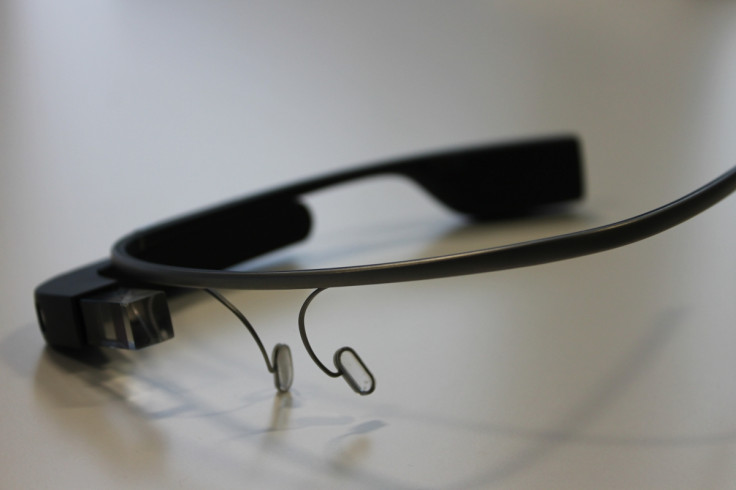Full of Unknowns: Inside The Arms Race of Google Glass App Development
Beneath the debates over privacy, piracy and road safety, an arms race is descending on Google Glass as developers brainstorm ideas, seek investment funding and frantically code applications they hope will turn Glass from a clever concept into a game-changing success story.
These developers have seen how a few good apps can become the cornerstones of an entire ecosystem - they have witnessed Rovio, King and Supercell dominate smartphones and tablets - and now it's their turn to create the app to make Glass worth buying.
Developing for Glass is full of unknowns...we took a gung-ho approach to make sure we would be first
But creating Glass apps isn't easy. While generally pointed in the right direction by Google, developers are yet to learn exactly what the final product will look like, how it will perform, how much it will cost, or even when it will go on sale.
One such team of developers has created Race Yourself, an exercise app which uses Glass to record the wearer's running and cycling, playing back their personal-best times as ghost replays on the Glass display.
"Google provides updates and is good at explaining [what Glass will be]," Race Yourself chief operations officer Richard Goodrum tells IBTimes UK. "What's interesting is working on a platform you've never worked with before. Learning on the job is really interesting."
The price of Glass is so important...we think Google will sell it at cost value like the Nexus range
Working with Glass has been a lesson in exploration, Goodrum explains. "It hasn't changed much from version one to version two [but] there are a few things we've found in Glass that I'm sure Google will provide more access to at a later date - things like the GPS chip. We found that hidden in the unit before it had really been announced. We were like 'oh, here's a GPS chip and oh it's working'."
The developers "took a gung-ho approach" once their project had secured $300,000 (£180,000) of funding.
"There are many unknowns," Goodrum admits, adding: "The fear of seeing someone else do it was the main motivating factor behind doing it," and thanks to Glass's relative simplicity a new user interface can be knocked up and tested on the device in a matter of hours.
Price and release date
"The price of Glass is so important," Goodrum admits. "Google has historically only made products at cost value - the Nexus devices - because they earn money on the [Play store] content, not on the hardware. We think Glass will see the same trend.
"Keeping that in mind, I can imagine it would come out at maybe £300 to £500...I think it would be around that sort of region, which is hopefully quite affordable to a lot of users."
With regard to a release date, Goodrum and his team are working towards a deadline in the second quarter of this year.
"The end of Q1, or Q2, that's what Google strongly hinted at...I've [also] heard from friends that say this is the rough timeline. Probably Q1, Q2, maybe this summer."
Google has declined to offer anything more specific than "towards the end of 2014."
Another complete unknown for Glass developers is how they plan to make money from their applications - and what Google's cut will be.
"The app store for Glass will still have to be explored, but...we don't know what cut Google wants. I can image it might be something similar [to the 30% Google takes on paid-for Android apps in the Play store]."

Unknowns mixed with huge possibility
Goodrum continues: "There are all these unknowns but there's this huge possibility of the wearable market, in which Google is one of the first to be moving to head-mounted displays."
Speaking excitedly about possibilities the wearables market presents, he adds: "A lot of other companies and firms are jumping on the back of that...there's loads of companies out there trying to do different things. It's a growing trend and it's only going to get bigger, the designs will only get better, processors will get faster, batteries will be much improved."
Although the desire to be first is strong, the creators of Race Yourself are venturing into Glass development with their eyes wide open, fully aware that the product might fail, or the exercise app market won't catch on.
Planning for a long-term play
"Maybe Google Glass won't sell that many units, but we think it will and if it's a long-term play that's fine, we've planned for that. We're not just hedging all our bets on this one launch...we're looking at the medical sector and how to develop applications [there], that's a huge area that has a lot of money to invest in new technology."
Developers are all too aware of the potential gold mine a Google Glass app store could become, with those missing out on success through iOS eager to have a second bite of the cherry.
© Copyright IBTimes 2024. All rights reserved.






